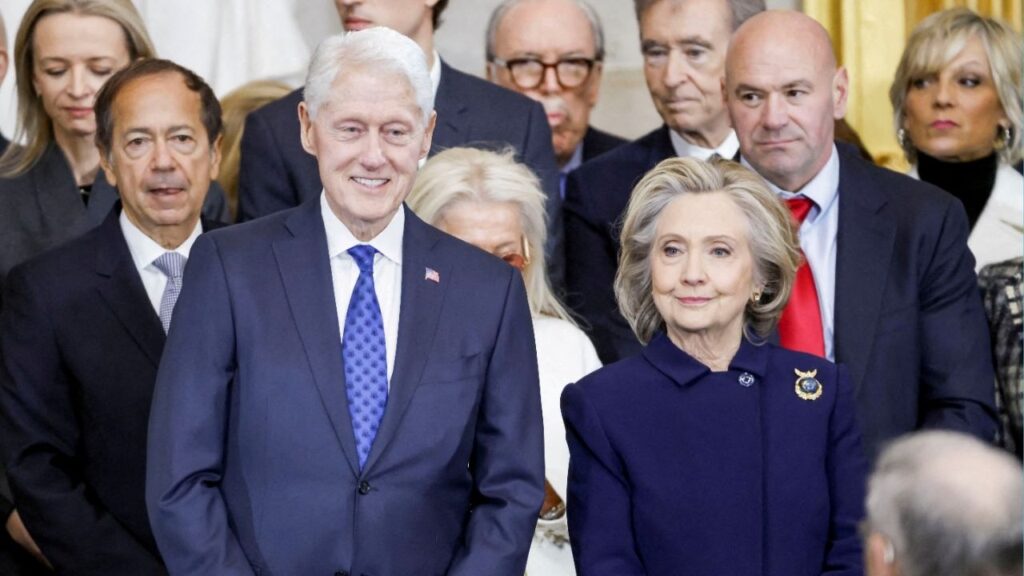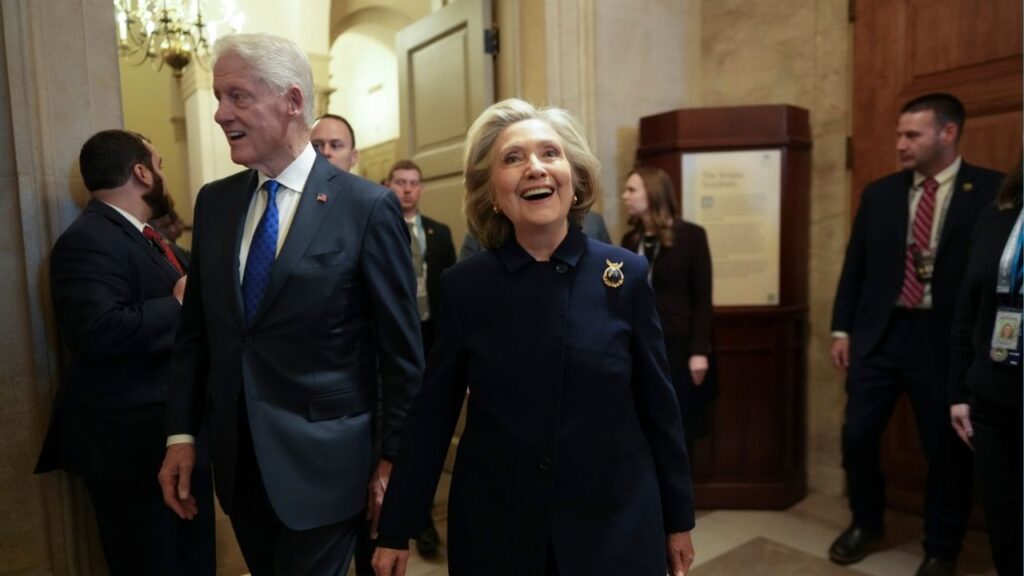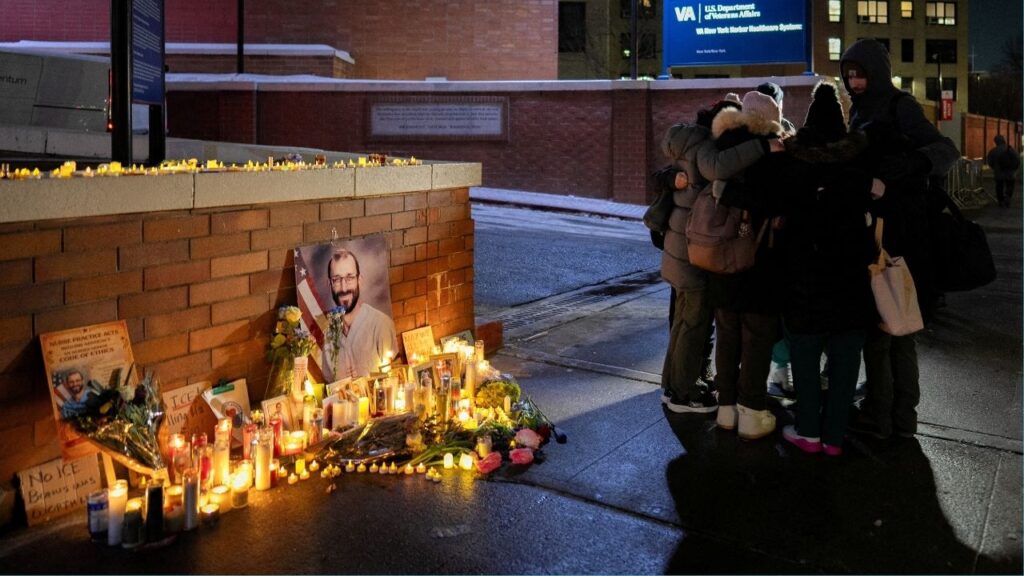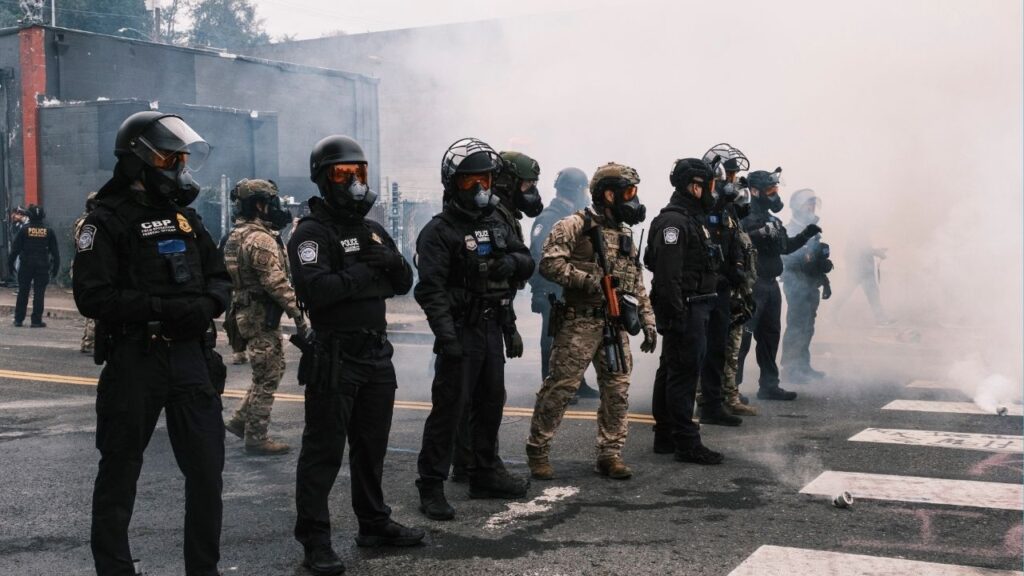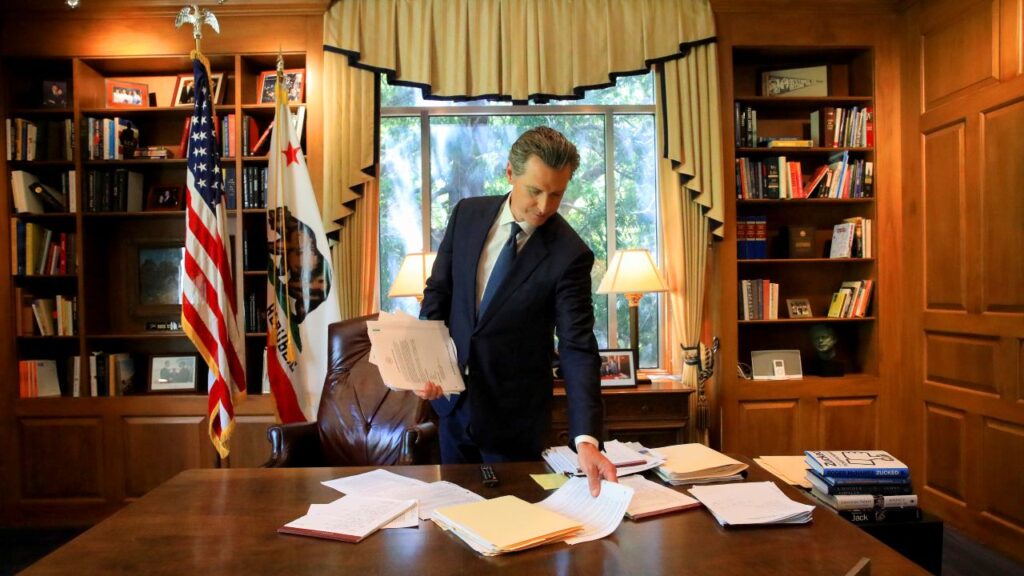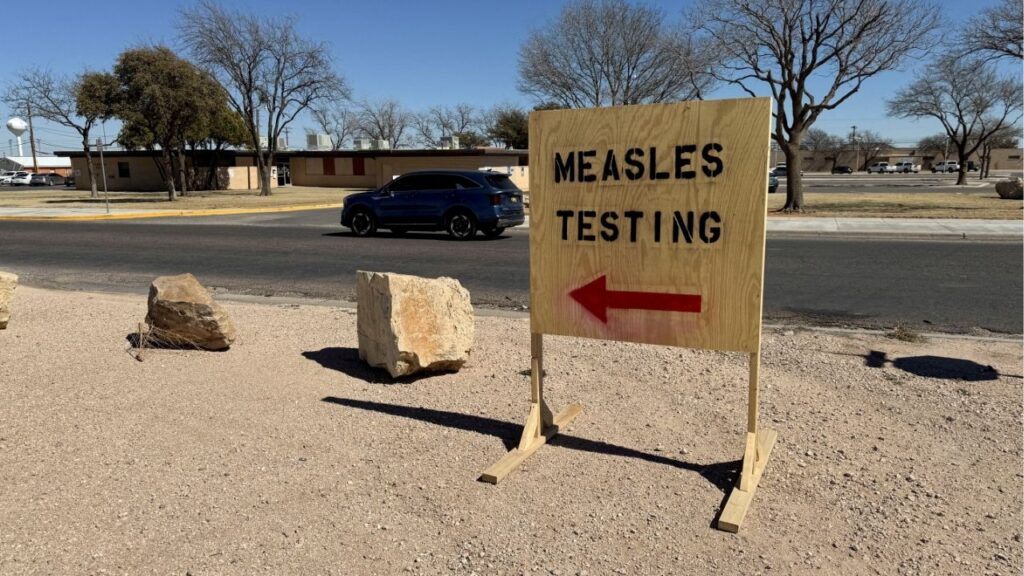Share
No, Facebook doesn’t track your health, the social media behemoth says.
No, Facebook doesn’t store your data, it says.
But, Facebook now aggregates data from an opt-in survey they’re running with researchers at Carnegie Mellon. Today, Facebook released the first maps of the COVID-19 symptoms people have reported county-by-county across the United States.
Mark Zuckerberg says in a post, “Understanding how COVID-19 is spreading is critical for local governments and public health officials as they allocate scarce resources like ventilators and PPE (personal protective equipment), and eventually to decide when it is safe to start re-opening different places.”
Launching a Survey for Health Researchers to Track COVID-19
Facebook says starting today in the U.S., some people will see a link at the top of “News Feed” to an “optional, off-Facebook survey to help health researchers better monitor and forecast the spread of COVID-19.”
Facebook also says if the results are helpful, similar surveys will roll out to other parts of the world.
[covid-19-tracker]
Fresno County Results Comparison
According to the data from the map, 0.58% of people in Fresno County reported COVID-19 symptoms.
Compare that to Santa Cruz County where that number is 1.54% or, 0.75% in Los Angeles County and we get a better sense of our position in the state.
Other Central Valley Counties reported the following:
- Merced County- 0.61%
- Tulare County- 0.58%
- Madera County-— Not enough people responded to show data
- Kern County- 0.39%
You can see the results for yourself on the map below.
Privacy Concerns
Facebook has faced many questions about privacy in the past several years.
In its news release, Facebook devotes a paragraph to addressing possible questions about the gathering and use of this new data. Here is a portion of that release:
“Facebook doesn’t receive, collect or store individual survey responses, and Carnegie Mellon University (CMU) doesn’t learn who took the survey. Facebook’s research partners — CMU, Johns Hopkins University and University of Maryland — are committed to only using survey results to study and help contain COVID-19.”
Facebook also provided a link to its “Data for Good” program with more details about the processes and procedures for ensuring the information is protected.
Here is how Carnegie Mellon describes the procedure for data privacy:
“CMU Delphi Research won’t share individual survey responses with Facebook, and Facebook won’t share information about who you are with the researchers. To help them measure results while protecting your privacy, we’ll share a random ID number that CMU will send back to us when someone completes the survey. Then we’ll share a single statistic known as a weight value that doesn’t identify you but helps correct for any sample bias.”





